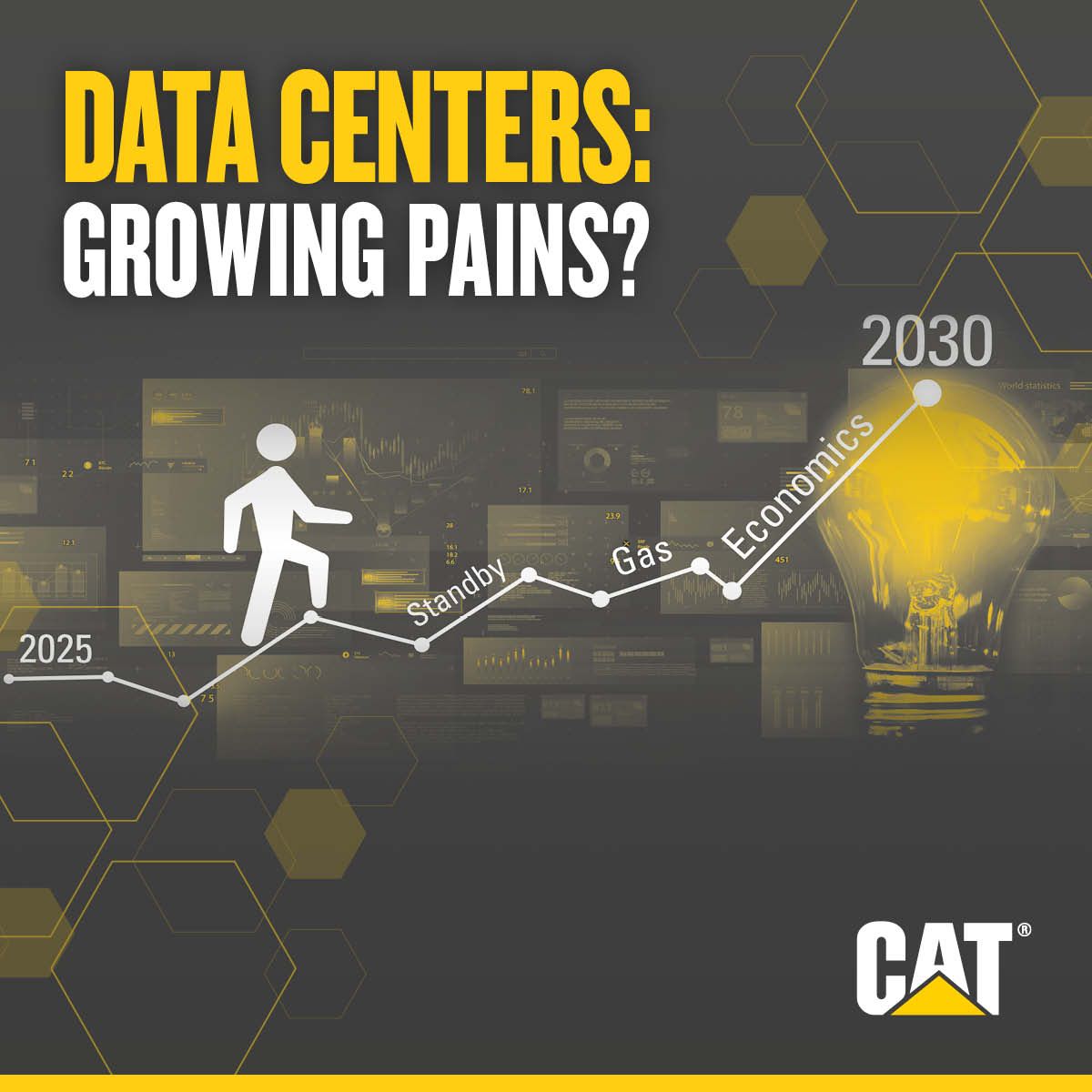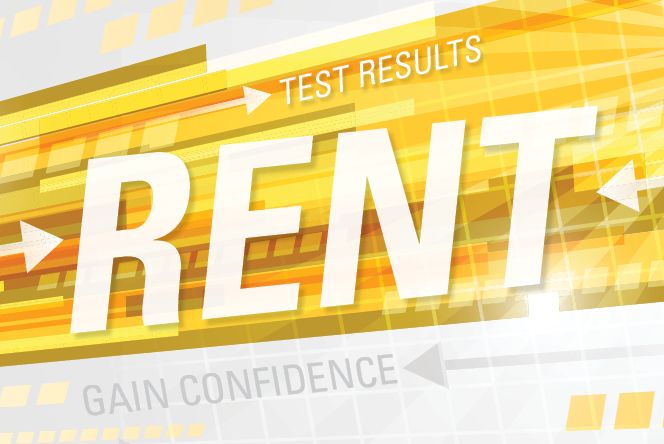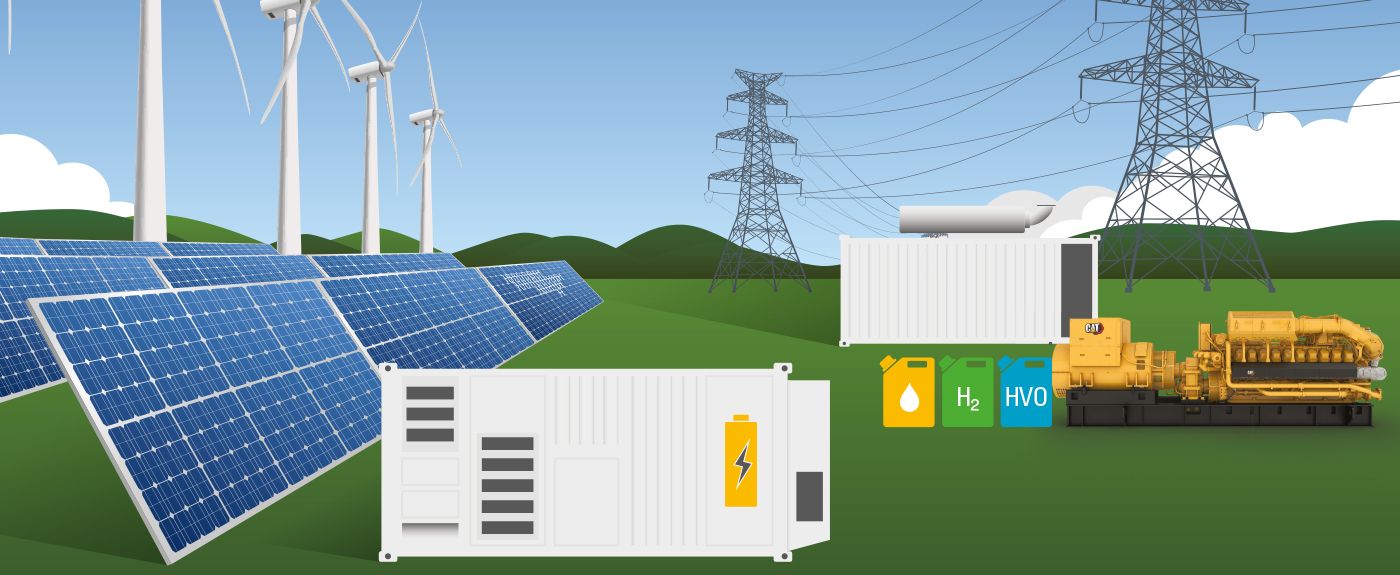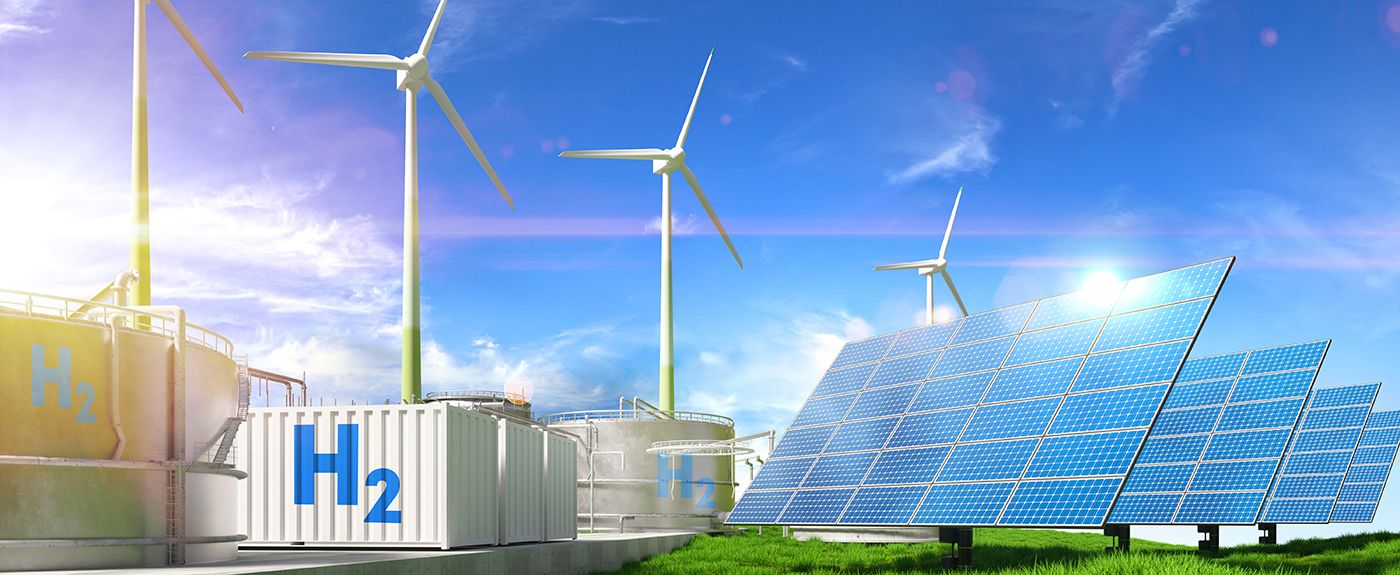Setting up a site off the grid? Here’s how to lock in an efficient, reliable power solution.
From mining to oil and gas to infrastructure development, every remote project relies on one essential factor: power. It gets the site up and running — and keeps it that way. Without it, equipment sits idle and progress halts.
In my work helping operations set up remote power, I’ve discovered a few key factors that make the difference between success and setback. Once you have evaluated your power demands— baseload, peak loads and load fluctuations for your remote project, here’s my advice on how to acquire reliable power for your remote project.
1. No utility or pipeline gas? Diesel could be your best option.
If you can access a utility grid or pipeline gas, that’s usually your lowest-cost power source. At many remote sites, that’s not an option. What’s the best alternative? The answer is almost always diesel because:
- It’s easy to transport. Diesel fuel can be transported to remote areas safely and easily by land, sea or air if necessary.
- It’s power dense. You typically need less diesel than other fuels to generate the same amount of power, which reduces both costs and storage requirements.
- It’s reliable even in extreme conditions. Diesel-powered gensets are known for their reliability, durability and fuel-efficient performance even in harsh, remote environments, including extreme temperatures and high altitudes.
2. Don’t forget a backup plan.
Many remote sites rely on an “N+1” setup — basically adding one more generator than what’s required for full capacity. Why? So, you always have a spare available in case of planned or unplanned downtime.
Without building in redundancy at your site, you’re gambling with potential blackouts or power shortages. In remote locations, when a unit goes down, you need to have a backup plan.
3. Remote monitoring gives you peace of mind.
Early intervention is critical in remote locations, where it can take days or even weeks to get expertise on site. Think of remote asset monitoring as an extra set of eyes on your assets 24/7. You can log in from anywhere on your desktop or mobile, access real-time data and confirm that your asset is running as expected.
More importantly, today’s remote monitoring technology comes with condition monitoring capabilities. It can analyze data from your assets, identify trends and alert you to potential issues before they turn into expensive breakdowns. With condition monitoring, you can treat the root cause, order the right parts and plan for service proactively — all of which cost less in time, money and hassle than after-failure repairs.
4. Your power supplier should be built for remote challenges.
Your power supplier’s job shouldn’t end with the equipment sale. In fact, that’s just the beginning. Ongoing maintenance, repairs and support are crucial to the smooth running of any off-grid site. If you’re setting up a remote project, you should look for a company with:
- A solid performance history with remote projects. Seek out a supplier who understands the logistics and challenges associated with providing and supporting off-grid power. That includes working with you find solutions that meet local emissions requirements.
- A strong local service network. You need access to parts and technicians, no matter how remote your site. Can your supplier quickly dispatch what you need, when you need it? Will they work with you to expedite deliveries or supply an inventory of critical parts you can keep on hand for emergencies?
- A flexible approach. Every off-grid site is different, so don’t settle for one-size-fits-all support. You might need dedicated onsite technicians. You may benefit from a service agreement with locked-in parts and labor pricing. Your supplier should be willing to listen to your needs and work with you to tailor a support solution that keeps your power plant running efficiently.
Expert support for off-grid success
In remote locations, power isn’t just another box to check. It’s the backbone of your entire operation. We’re here to help you get it right.
Do you have questions about potential energy sources, regulatory issues, environmental factors or serviceability? Talk to our experts today. We’ve worked with dozens of operations across industries to select, install and support off-grid power solutions, and we’re ready to help you secure reliable power for your next project.














